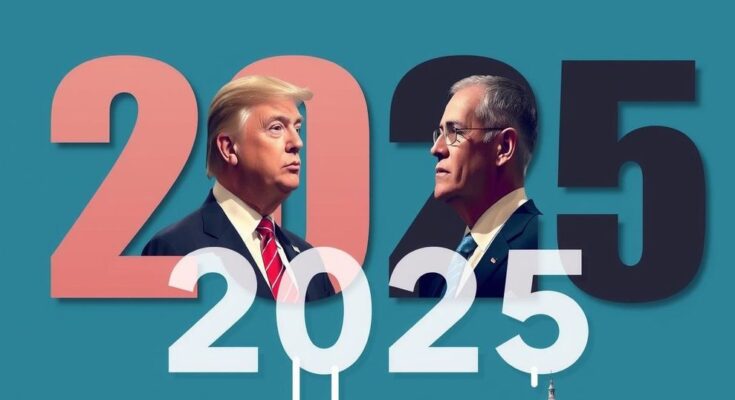2024 may be remembered for a significant electoral shift where voters in wealthy democracies ousted incumbents, largely due to growing discontent over inflation. This trend indicates a move away from traditional incumbency advantages, as leaders now face mounting pressure to adapt to the volatile political landscape. The upcoming 2025 elections are expected to mirror these challenges, with incumbents needing to engage effectively with voters to retain their positions.
2024 is shaping up to be a watershed year for incumbents in established democracies, marking a stark departure from the norm. Historically, incumbency has offered a significant electoral advantage, yet the recent elections reflected a seismic shift where voters actively chose to oust those in power, guided by a rise in dissatisfaction rooted largely in economic concerns. With inflation as a prevalent issue, incumbents faced unprecedented challenges, altering traditional political mores and ushering in volatility similar to less stable democracies.
The analysis reveals that voters are increasingly inclined to discard existing leaders, a trend exacerbated by spiraling inflation that has come to define economic struggles post-pandemic and along with geopolitical conflicts. As governments in developed nations grappled with escalating costs, a pervasive discontent surfaced, leading to significant electoral losses. Notably, the combination of price surges and a general reluctance to accept the established order has spurred a desire for change among electorates.
Signs indicate that 2025 could present similar challenges for incumbents in various democracies, where pivotal elections loom and historical resilience of governing parties appears waning. From Germany to Canada and Australia, incumbent leaders must prepare for testing circumstances as public sentiment continues to evolve towards more erratic political behaviors. The article emphasizes the importance of recognizing these shifts, urging politicians to not only anticipate punitive electoral responses but also to cultivate platforms that resonate positively with the electorate’s evolving expectations.
The article discusses the transformative electoral landscape of 2024, termed a potentially defining year for democracy. This shift arises from a historical context where incumbents in wealthier democracies have consistently held power. However, recent developments indicate a growing propensity for voters to reject the status quo, spotlighting inflation as a principal catalyst for this political climate. The analysis provides insight into how these trends may affect future elections, particularly in 2025, advocating for a nuanced understanding of voter attitudes towards government leadership.
In conclusion, the article highlights the changing dynamics of voter behavior in established democracies, showcasing an increasing willingness to replace incumbents due to dissatisfaction rooted primarily in economic conditions. The expectation for 2025 to mirror the unpredictability of 2024 underscores the need for political leaders to adapt to this trend of volatility and engage with their constituencies meaningfully. As electoral landscapes continue to evolve, the balance between punitive and rewarding electoral mechanisms is crucial to preserving the integrity and functionality of democratic governance.
Original Source: www.cnn.com




